
We do it because we care
“We’re the only doctors who will take care of you first and ask questions about payment later, so we end up giving one-third of our care for free—and lose about $100,000 of income a year. Yet we still do it. This is the best specialty in the world.” —Ramon Johnson, MD. These are the 50 secrets that hospitals won’t tell you (but every patient should know).

Say “thank you”
“In the ER, nurses provide most of the hands-on care. So be nice.” —Donna Mason, RN
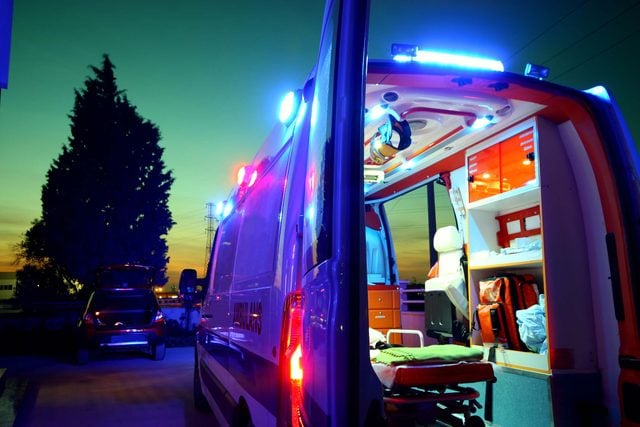
An ambulance isn’t a fancy taxi
“When we arrive, don’t expect us to say hello. We’re focused on the patient. Once he’s stable, then we’ll introduce ourselves.” —Don Lundy, paramedic, Charleston County, South Carolina
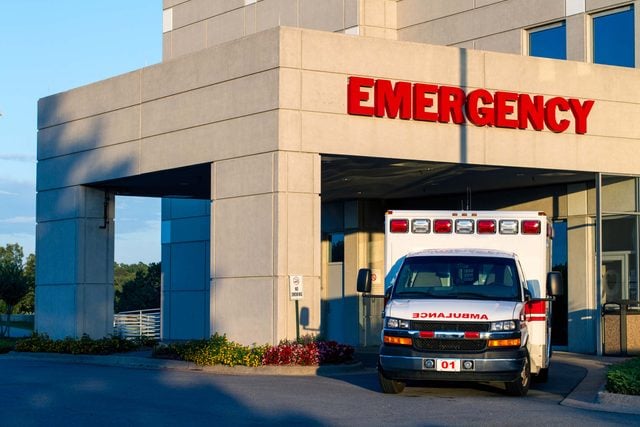
Arriving by ambulance doesn’t mean you’ll get a red-carpet escort into the ER
“You’ll get triaged like everyone else, and if you’re not that sick or injured, you’re going to wait.” —Connie Meyer, RN, paramedic. These are the 75 secrets nurses wish they could tell you.

Yes, we know you’re waiting… and waiting
“Waiting is good. It means you’re not going to die. The person you need to feel sorry for is the one who gets rushed into the ER and treated first.” —Joan Somes, RN
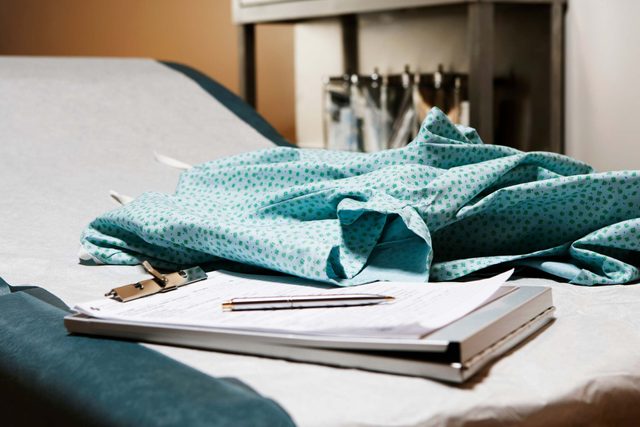
We need you to cooperate
“When we say, ‘Put on this gown,’ we mean you should take off the clothes underneath so we can see the area that we need to examine. I once had a woman put the gown on over her clothes and her coat.” —Allen Roberts, MD, emergency physician, Fort Worth, Texas

If we tell you to stay in bed, we mean it
“If we tell you to stay in bed, we mean it. Some medications make you uncoordinated, and we hate it when people fall down.” —Joan Somes, RN
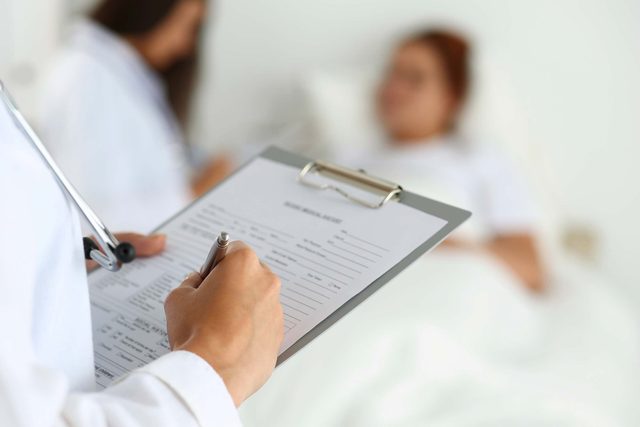
We don’t believe you
“One of our favorite lines is ‘You can’t fix stupidity.’ If you complain of nausea and then eat a bag of chips, that’s what we’re thinking.” —Joan Somes, RN. These are the 11 things your doctor can tell just by looking at you.

We play favorites
“It makes me crazy when visitors wander around talking on their cell phones. You’re being annoying.” —Joan Somes, RN

We can only do so much
“Not all ERs are equally equipped to deal with children. Check with your pediatrician to see which ER he or she recommends.” —Joan Shook, MD

We’re pretty used to people trying to intimidate us
“Standing in the doorway and staring at us while we work won’t help your loved one get treated more quickly.” —Joan Somes, RN

Speak up, please
“An ER in a rural area might not have a doctor who is certified in emergency medicine, and the likelihood of having specialists on staff is very low. If you wind up in one, ask to transfer to a hospital that has more resources.” —Robert Solomon, MD, emergency physician, Waynesburg, Pennsylvania. These are 50 secrets surgeons wish they could tell you.

We don’t want you to have to come back
“If you don’t understand what you’re supposed to do when you leave the ER, ask—and ask again if necessary.” —Linda Lawrence, MD, San Antonio, Texas
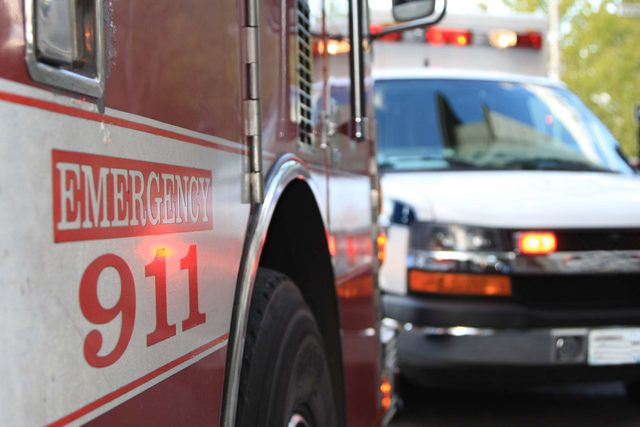
Here’s the 411 on 911
“It’s incredible how many people having a heart attack drive themselves to the emergency room instead of calling 911. That’s just dumb. What are you going to do if you’re driving and your heart stops?” —Arthur Hsieh, paramedic
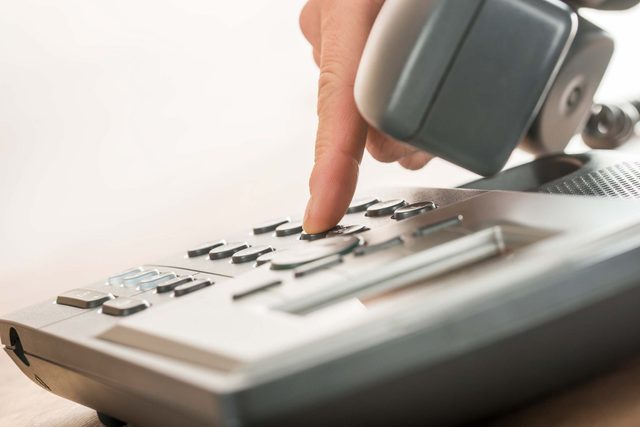
Don’t call from your cell phone
“Calling from a landline can save your life because we can pinpoint your location instantly. If you call from a cell phone, we waste a lot of time asking where you are or searching for you.” —Arthur Hsieh, paramedic
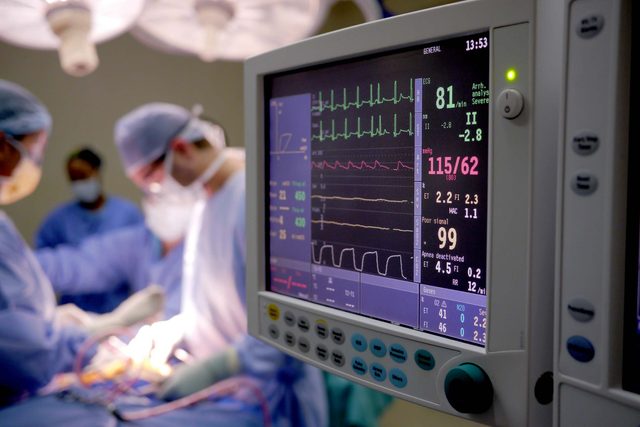
Denial kills people
“Denial kills people. Yes, you could be having a heart attack or a stroke, even if you’re only 39 or in good shape or a vegetarian.” —Dennis Rowe, paramedic, Knoxville, Tennessee
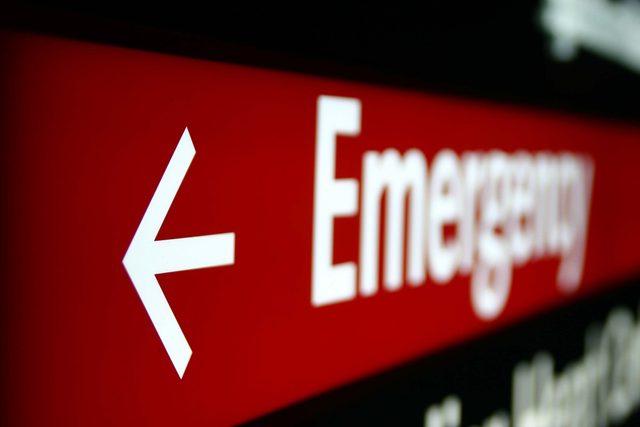
Don’t clog the system
“Don’t call us for a broken finger. If there’s no real emergency, you’ve just clogged up the system.” —Arthur Hsieh, paramedic, San Francisco
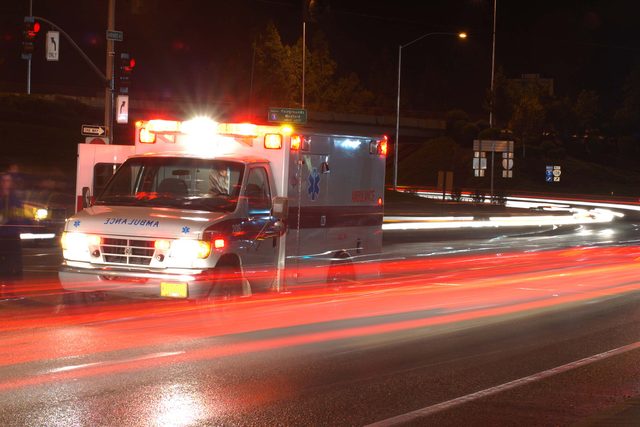
We don’t always use the sirens
“Your emergency isn’t necessarily our emergency. In my region, we send an ambulance for all calls, but we don’t use the sirens unless it’s Code 1, which means someone’s bleeding or having chest pain or shortness of breath—basically things you could die from in the next five minutes.” —Connie Meyer, RN, paramedic, Olathe, Kansas
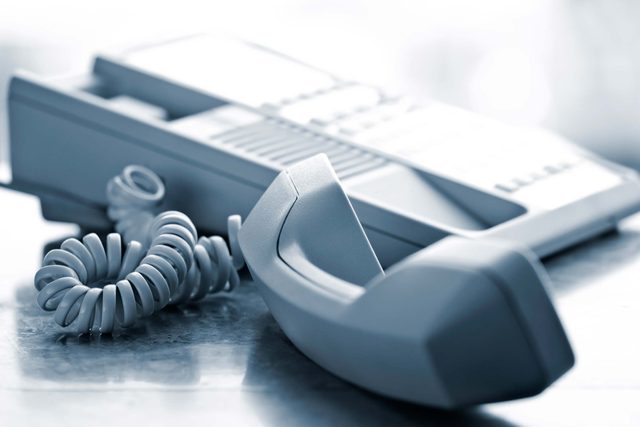
Don’t hang up on us
“Don’t hang up after you tell us what’s wrong. The operator may be trained to give you instructions in CPR and other medical procedures that could be lifesaving.” —Dennis Rowe, paramedic. These are the secrets to finding the best doctor, according to doctors.
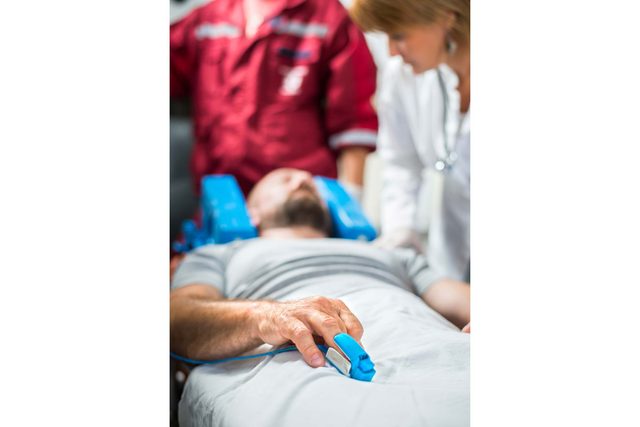
We’re going to the nearest hospital
“In a true emergency, we’re not going to drive 30 miles to the hospital that takes your insurance when there’s a good one two miles away. But if there are many ERs near you, know which one you prefer because we might ask. Find out where your doctor practices, where the nearest trauma center is, and which hospital has the best cardiac center.”
—Connie Meyer, RN, paramedic
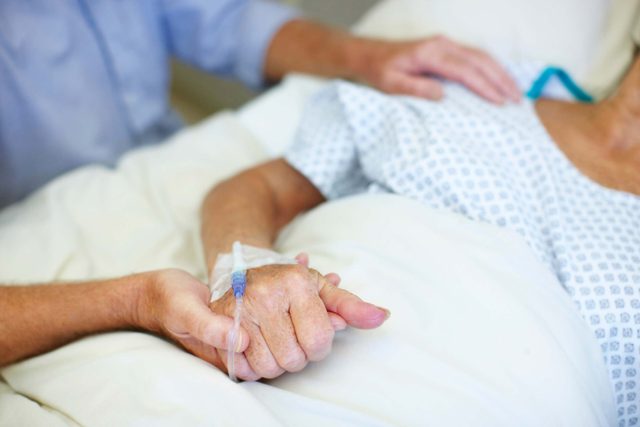
We’ll respect your wishes
“In most cases, we can’t transport someone who doesn’t want to go. Uncle Eddie may be as sick as a dog, but if he says he doesn’t want to get in an ambulance, we need to respect his wishes.” —Arthur Hsieh, paramedic
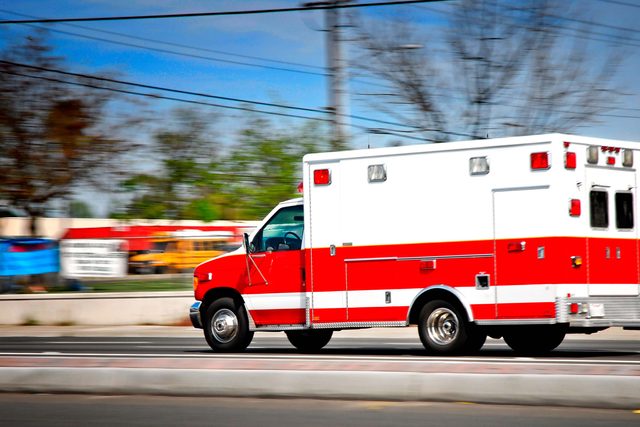
We’re not going to go 60 mph in a 30 mph zone
“If the patient is stable, and 97 percent are, there’s no reason to drive 60 miles an hour on city streets. Have you ever tried to put an IV into someone’s arm in the back of a speeding ambulance?” —Don Lundy, paramedic
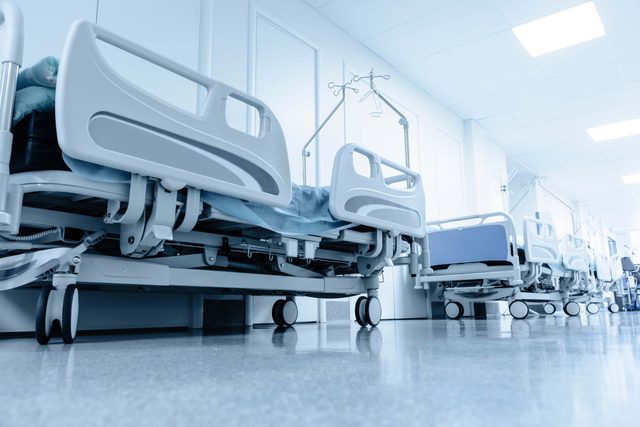
Out of beds equals wait time
“We hate it too! But don’t be angry at us. If you’re waiting, there’s one reason: We’re out of beds.” —Jeri Babb, RN, Des Moines, Iowa
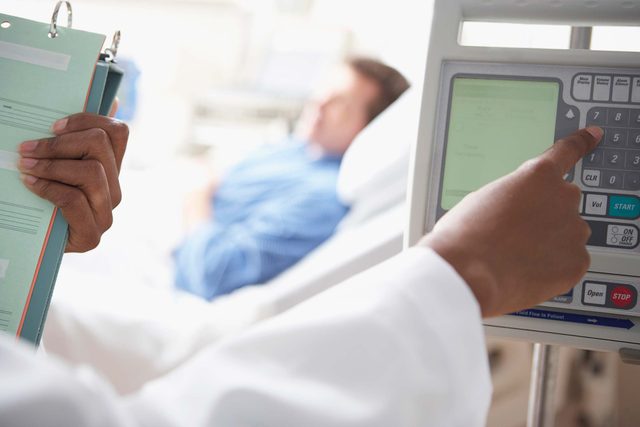
Come when we’re not busy if you can
“The busiest time starts around 6 p.m.; Mondays are the worst. We’re slowest from 3 a.m. to 9 a.m. If you have a choice, come early in the morning.” —Denise King, RN, Riverside, California
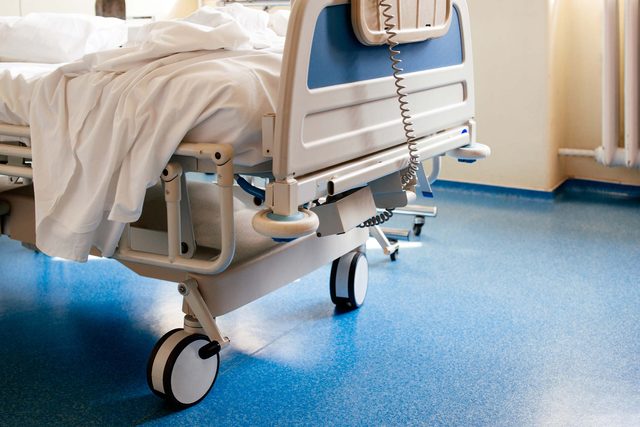
Vomit gets you a room
“People who are vomiting their guts out get a room more quickly. The admitting clerks don’t like vomit in the waiting area.” —Joan Somes, RN, St. Paul, Minnesota
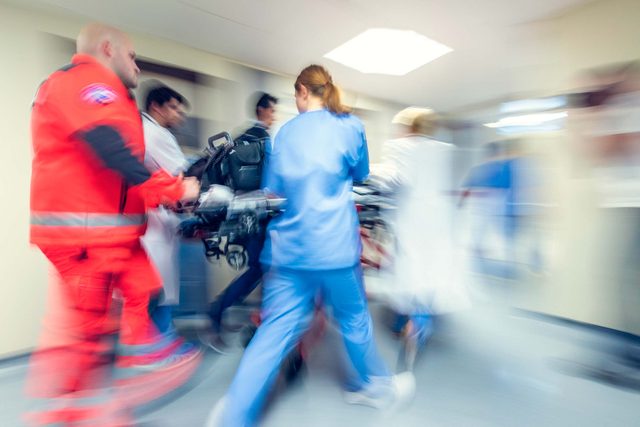
We like the fast pace
“We like the rapid turnover, so we don’t want you stuck in the ER while you’re waiting to be admitted. If we wanted to care for the same patient for hours at a time, we would work on an in-patient ward.” —Denise King, RN

Please know how the ER works
“Never tell an ER nurse, ‘All I have is this cut on my finger. Why can’t someone just look at it?’ That just shows you have no idea how the ER actually works.” —Dana Hawkins, RN, Tulsa, Oklahoma
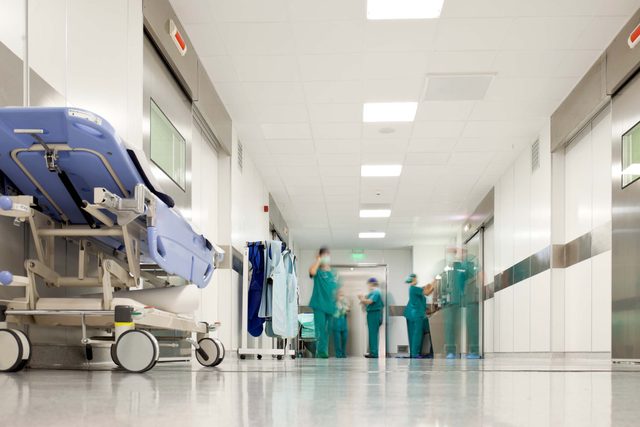
Hospitals are overcrowded
“Don’t blame ER overcrowding on the uninsured. They account for 17 percent of visits. The underlying problem is hospital overcrowding in general.” —Leora Horwitz, MD, assistant professor, Yale University School of Medicine, New Haven, Connecticut
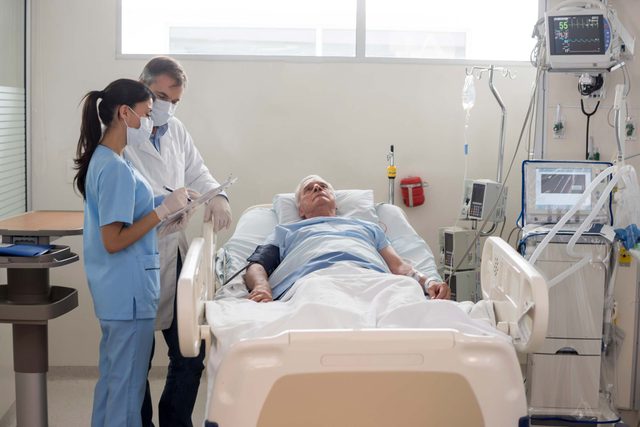
Tell us your medical history
“We don’t have time to read the background on every patient. So if you’re having stomach pain, and you’ve had your appendix or gallbladder removed, tell us so we don’t go on a wild-goose chase.” —Dana Hawkins, RN. Doctors never waste their money on these 10 procedures and tests, so you shouldn’t either.
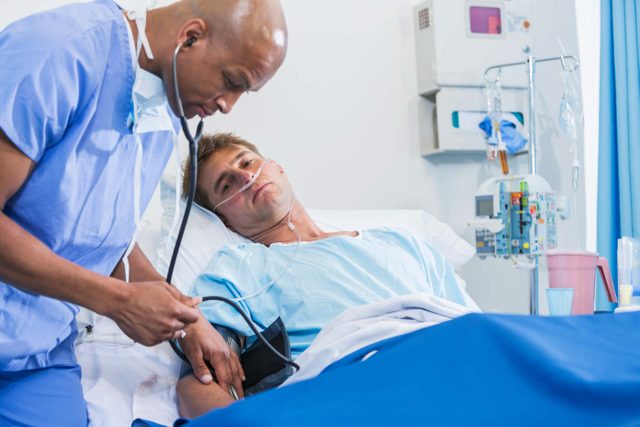
Be honest
“Be honest about whatever happened. Don’t be a hypochondriac, and don’t answer yes to every question. It will only screw up your care.” —Emergency medical technician, Middlebury, Vermont

Know what medications you take
“I once had a patient say he didn’t take any medications. Later he mentioned he was diabetic. I looked at him and asked, ‘Do you take insulin?’ He said yes. Well, that’s medicine.” —Allen Roberts, MD

Tell us if your kid isn’t immunized
“If you haven’t had your child immunized, admit it. That’s important information for us to have.” —Marianne Gausche-Hill, MD, emergency physician, Torrance, California

Visitors get in our way
“Some ERs don’t allow more than one visitor per patient for a reason: You get in our way. Nominate someone to be in the ER and have that person relay information to everyone else in the waiting room.” —Donna Mason, RN, ER consultant, Nashville, Tennessee

Tell us about any herbal treatments
“Tell us about any herbal treatments you’re taking. I treated a young man who had put aseptil rojo on some abrasions. It turned his urine red—but we didn’t find the cause until after we’d done a lengthy workup.” —Marianne Gausche-Hill, MD. Find out the 9 plain truths doctors need you to know about alternative medicine.

Tests will be done in the ER
“It’s not uncommon that I get a patient who refuses to have the tests I recommend. I had a volatile conversation with a family who didn’t believe in medicine. What did you expect in the ER?” —Joan Shook, MD, emergency physician, Houston, Texas

Don’t lie
“Never, ever lie to your ER nurse. Their BS detectors are excellent, and you lose all credibility when you lie.” —Allen Roberts, MD. These are the 14 things you should NEVER lie to your doctor about.

We can tell when you just come in to score pain meds
“Some of us are pretty good at spotting people who come in to score pain medication—especially if you’re specific about the drug you want or you don’t look like you’re in that much pain but you drove an hour from your home to get there.” —Denise King, RN
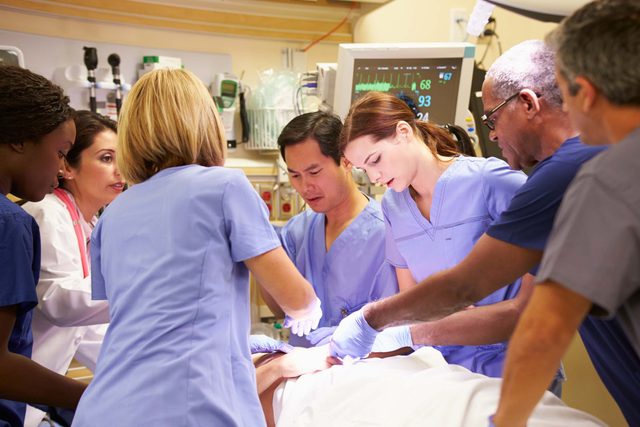
We’ve heard it all
“We hear all kinds of weird stuff. I had a woman who came in at 3 a.m. and said she’d passed out while she was asleep.” —Emergency physician, suburban Northeast

Don’t be entitled
“Get rid of your entitlement mentality. It’s bad in your general life but really bad in the ER. We’ll treat you, but we might not be nice.” —Allen Roberts, MD. Make sure you never, ever do these 10 things when visiting someone in the hospital.
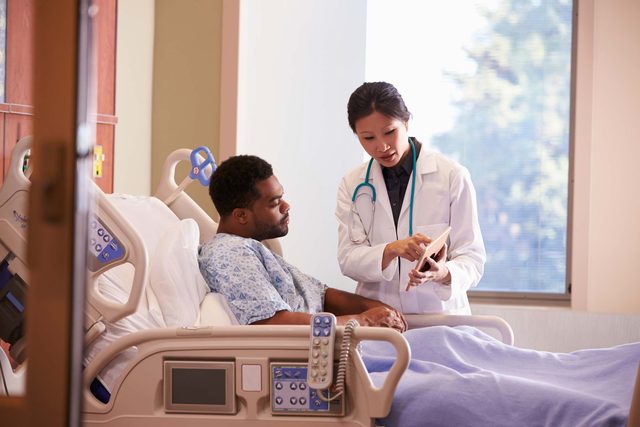
We don’t want to hear it
“Your complaints about your prior doctor will not endear you to us. The more you say, the less we want to deal with you.” —Allen Roberts, MD

We vent to each other
“If you come in with a bizarre or disgusting symptom, we’re going to talk about you. We won’t talk about you to people outside the ER, but doctors and nurses need to vent, just like everyone else.” —Emergency physician, suburban Northeast
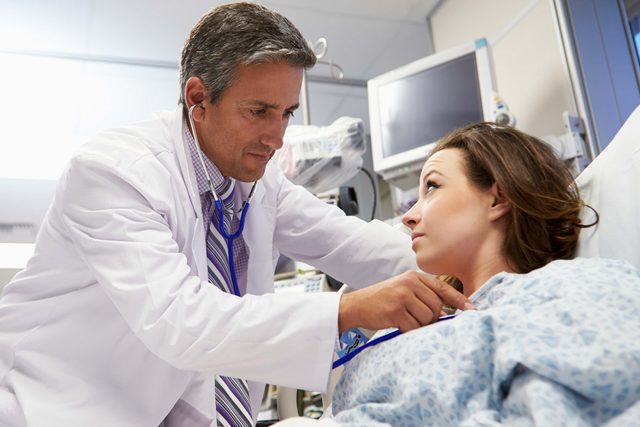
We can’t always give you answers
“If you come into the ER with a virus, don’t get mad if we can’t tell you exactly what it is. If we’ve ruled out any serious problems, you’re going to have to follow up with your primary care doctor.” —Jeri Babb, RN

Don’t come with cold symptoms
“We really don’t have anything to offer the person who comes to the ER with cold symptoms that have lasted a day or two. It’s a waste of everyone’s time.” —Emergency physician, suburban Northeast
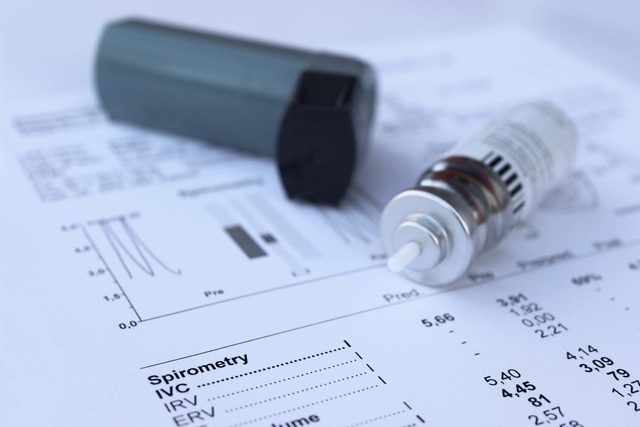
Don’t overmedicate your kids
“It’s common to see families who have overmedicated their kids with asthma medication. You can’t just give your children two or three times as much as they’ve been prescribed.”—Joan Shook, MD
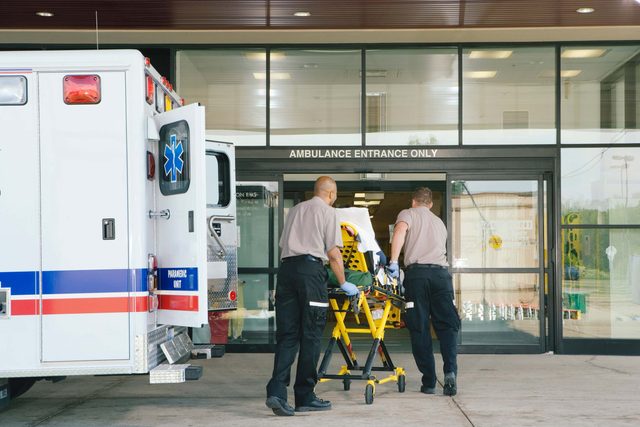
You might have to wait in the ambulance for a bit
“Because so many hospitals are overwhelmed, we may not be able to unload the ambulance as soon as we get there. We’ll stay with you until we can hand you off to the nurses. We do the best we can with a bad situation.” —Connie Meyer, RN, paramedic
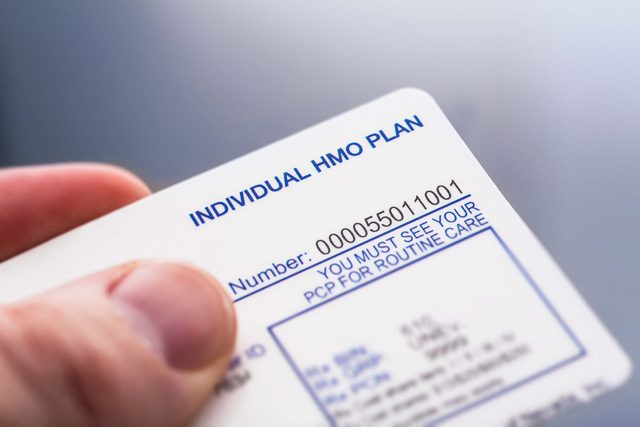
It’s your job to know your insurance
“No, I don’t know what your insurance covers.” —Allen Roberts, MD. This is some of the outrageous medical lingo doctors and nurses use behind your back.
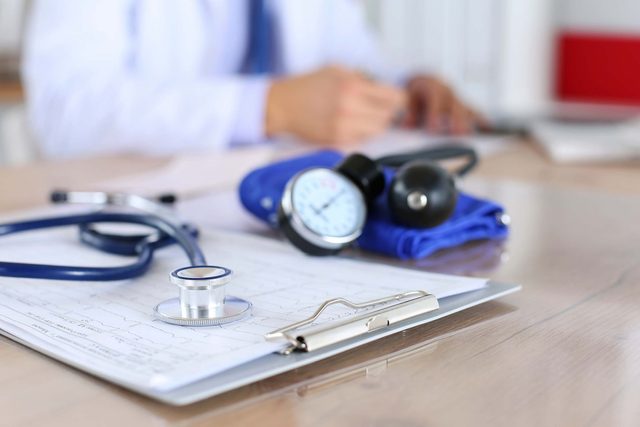
Have your doctor send orders to the ER
“If your doctor sends you to the ER so you can be admitted to the hospital, ask him to send the orders to the hospital instead. It’s more paperwork for him but could be quicker for you. And it doesn’t jam up the ER with nonemergency patients.” —Denise King, RN
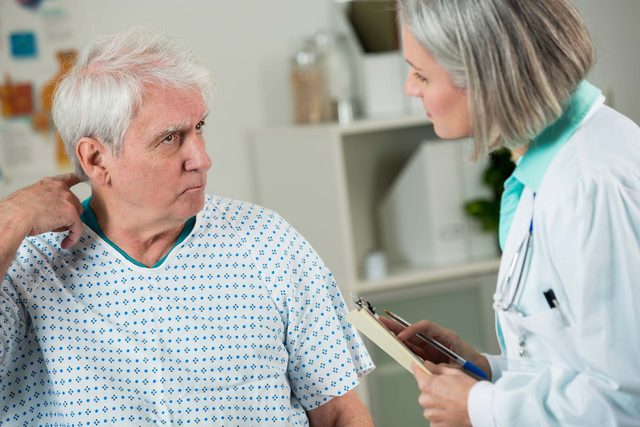
Don’t try to test us
“Some patients withhold information they’ve already received from their primary care physician just to see if we come up with the same diagnosis or treatment. Don’t. All you’re doing is slowing us down.” —Joan Shook, MD

Be grateful
“Some people have no clue how close they came to dying before being saved by emergency interventions. I’ve seen serious stroke, heart attack, and trauma patients lead normal lives after events that should have killed them. If only they knew.” —Ramon Johnson, MD, emergency physician, Mission Viejo, California

We can recognize an unusual diagnosis
“ER staffs are pretty good at zebra hunting—recognizing an unusual diagnosis—because we’re looking at your symptoms with fresh eyes. We’ve diagnosed cancer and brain tumors in the ER.” —Joan Somes, RN
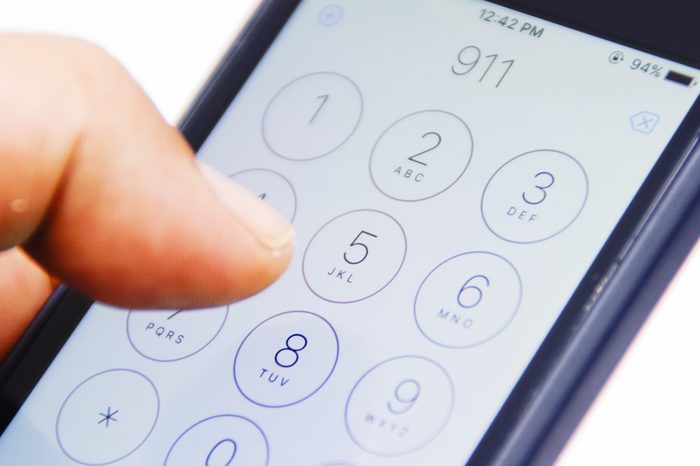
Don’t casually call 911
“People call 911 for the wrong things all the time. They wait too long to call—or don’t call at all—when they’re having a heart attack or stroke and we could actually save their lives. But they don’t hesitate to call for non-life-threatening things. I once had a guy call who turned out to have a hangnail.”–Connie Meyer, RN, paramedic, Olathe, Kansas

We aren’t here for comfort
“Even though we go on 20 calls a day, we try to remind ourselves that calling 911 may be a sentinel event in your life. We’re not Dr. Phil, but we do try to be reassuring.” –Anthony Kastros, fire department battalion chief, Sacramento, California. Watch out for these 10 signs that your hospital is trying to discharge you too early.
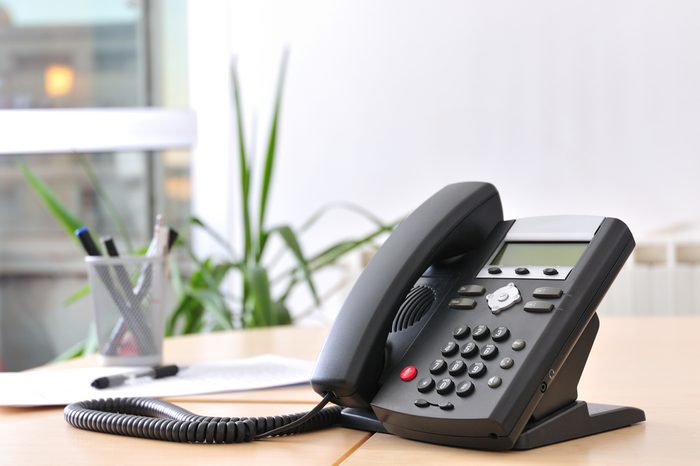
We aren’t here to be friends
“The 911 system was designed to help people in an emergency—not as a social agency or friend.” –Don Lundy, paramedic, Charleston County, South Carolina
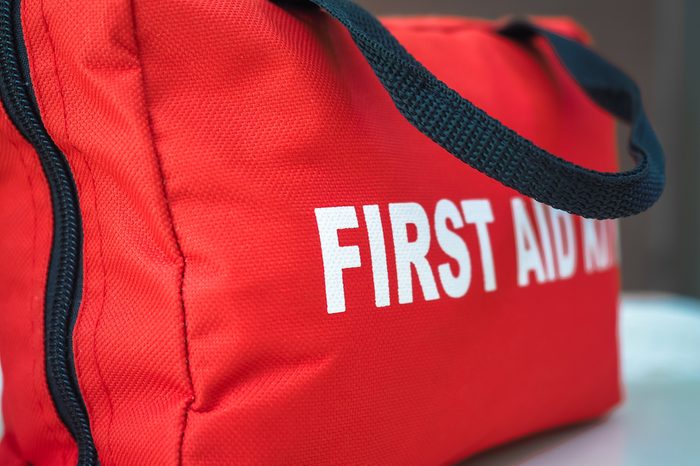
Don’t be scared to administer first aid
“I’m amazed at how many parents are reluctant to administer any first aid. If your child has a cut, apply pressure.” –Joan Shook, MD, emergency physician, Houston, Texas
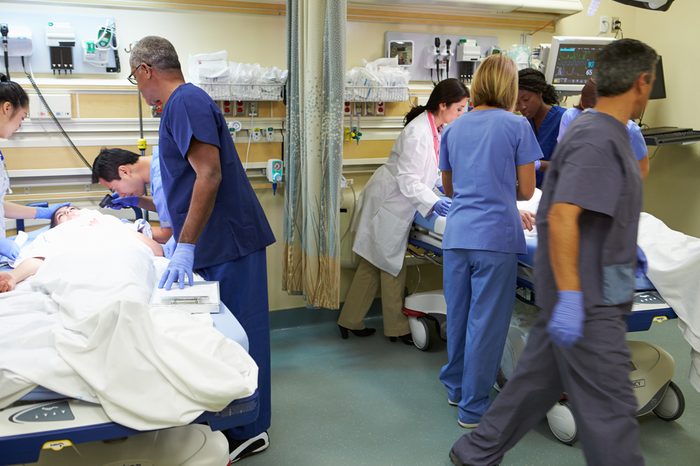
Repeat yourself
“Just because you told the triage nurse your problem doesn’t mean the doctor in the ER knows why you’re there. Be prepared to tell your story several times.” –Linda Lawrence, MD, emergency physician, San Antonio, Texas

Come in sooner
“I’ve had patients come in and say, ‘I haven’t been breathing well since yesterday.’ I’m thinking, ‘Oh my God, really? Why didn’t you come in sooner?” –Marianne Gausche-Hill, MD, emergency physician, Torrance, California

I need one story
“If three of your relatives are with you, only one of them needs to tell the story of your illness. I realize it’s validating for everyone to tell their version of events, but I’m not here to validate you.” –Allen Roberts, MD, emergency physician, Fort Worth, Texas
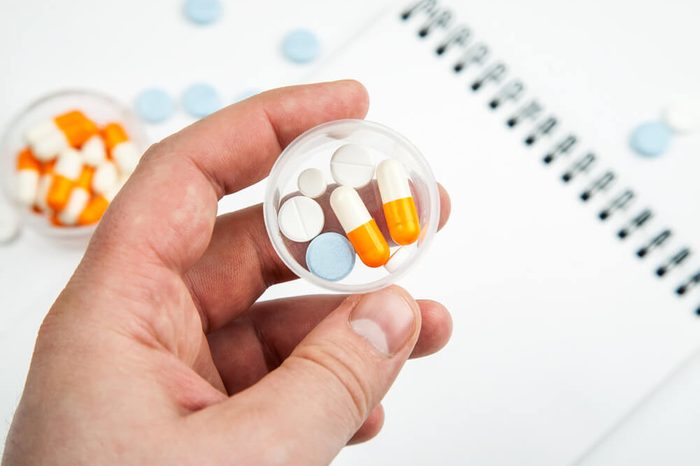
Don’t argue about drugs
“A classic way a doctor-patient interaction can get off on the wrong foot is if a patient comes to the ER to get antibiotics. Most infections are viral, so they don’t respond to antibiotics. If we say you don’t need them, don’t argue.” –David Newman, MD, director of clinical research, Department of Emergency Medicine, St. Lukes-Roosevelt Hospital, New York City

We don’t care about your status
“We had an injured woman in our ER who said indignantly, ‘Do you know who I work for?’ In unison, all six of us who were treating her said, ‘No, and we don’t care.’” –Allen Roberts, MD
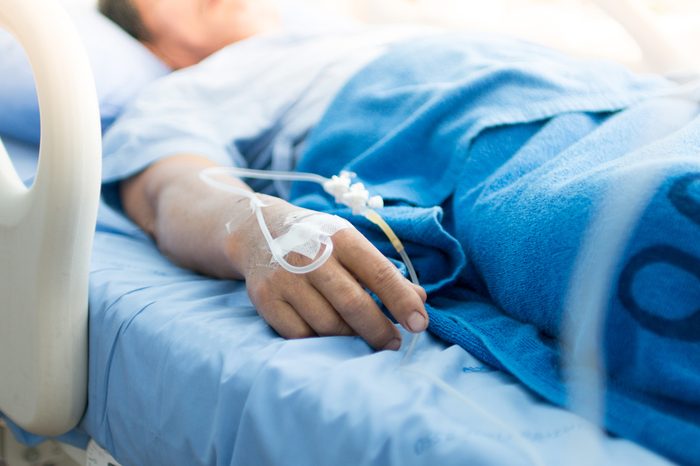
We provide universal healthcare
“People are all up in arms about universal healthcare. Well, guess what: Those of us working in the trenches have been providing universal healthcare for years.” –Arthur Hsieh, paramedic, San Francisco. Next, learn these medical facts that doctors and nurses think you should know.